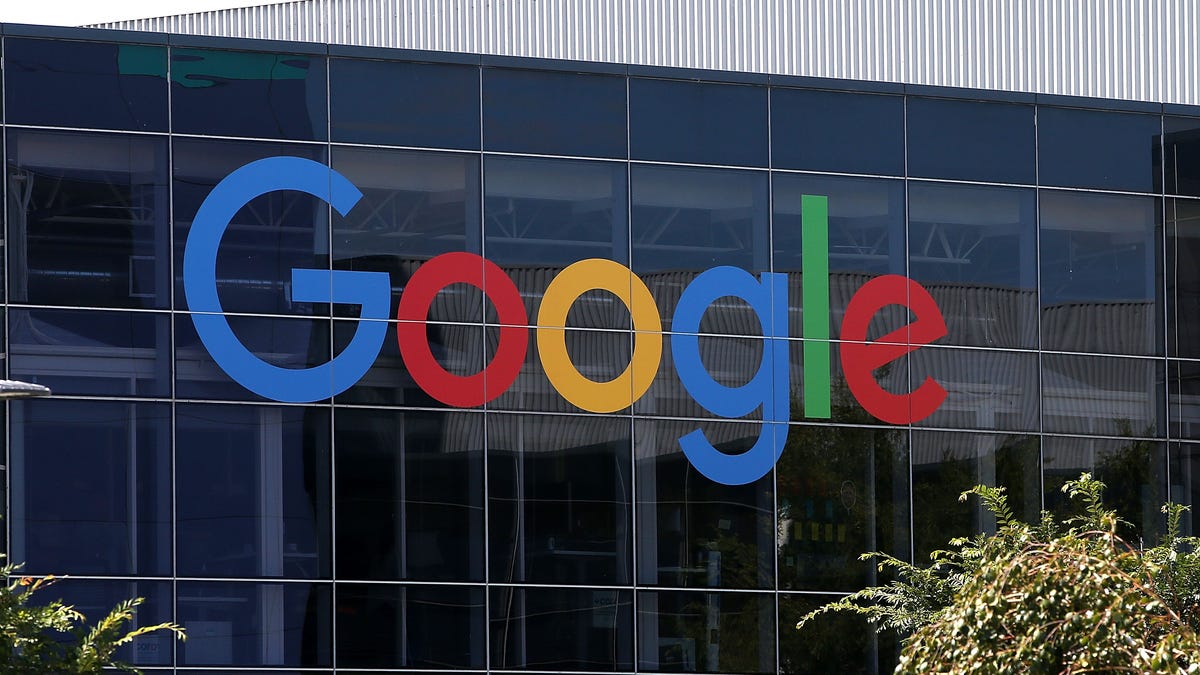The generative artificial intelligence boom is boosting revenue for major tech companies — but the massive demand for energy is making these companies big-time contributors to climate change.
Earlier this month, Google said its carbon emissions have risen by 48% since 2019, mostly due to energy consumption by data centers and supply chain emissions. The company’s carbon emissions were up 13% year-over-year in 2023, according to its 2024 Environmental Report.
In 2021, Google had set a goal of net-zero emissions across its operations and value chain by the end of the decade. However, Google said in the report that starting in 2023, it was “no longer maintaining operational carbon neutrality,” and would instead focus on other “carbon solutions and partnerships” to fulfill the net-zero goal.
Meanwhile Microsoft had set a similar goal in 2020 to be “carbon negative” by the end of the decade. In May, however, Microsoft said in its 2024 Environmental Sustainability Report its carbon emissions were almost 31% higher than in 2020, mostly due to building more data centers for AI workloads, and hardware such as semiconductors and servers.
“Our challenges are in part unique to our position as a leading cloud supplier that is expanding its datacenters,” Microsoft said in a statement. “But, even more, we reflect the challenges the world must overcome to develop and use greener concrete, steel, fuels, and chips.”
In April, Ami Badani, chief marketing officer of British chip designer Arm, said data centers powering AI chatbots such as OpenAI’s ChatGPT account for 2% of global electricity consumption, and that demand could eventually slow down AI progress. Despite Google’s massive carbon footprint, a Goldman Sachs study found a query on ChatGPT needs almost 10 times as much electricity as a Google search.
By 2030, data centers could consume up to 9% of electricity in the U.S. — more than double what is being used now, according to the Electric Power Research Institute. However, a third of nuclear power plants based in the U.S. are reportedly discussing deals with tech companies to be electricity suppliers. And in April, OpenAI chief executive Sam Altman was among investors in Exowatt, a startup developing modules that store energy as heat and produce electricity for AI data centers.

